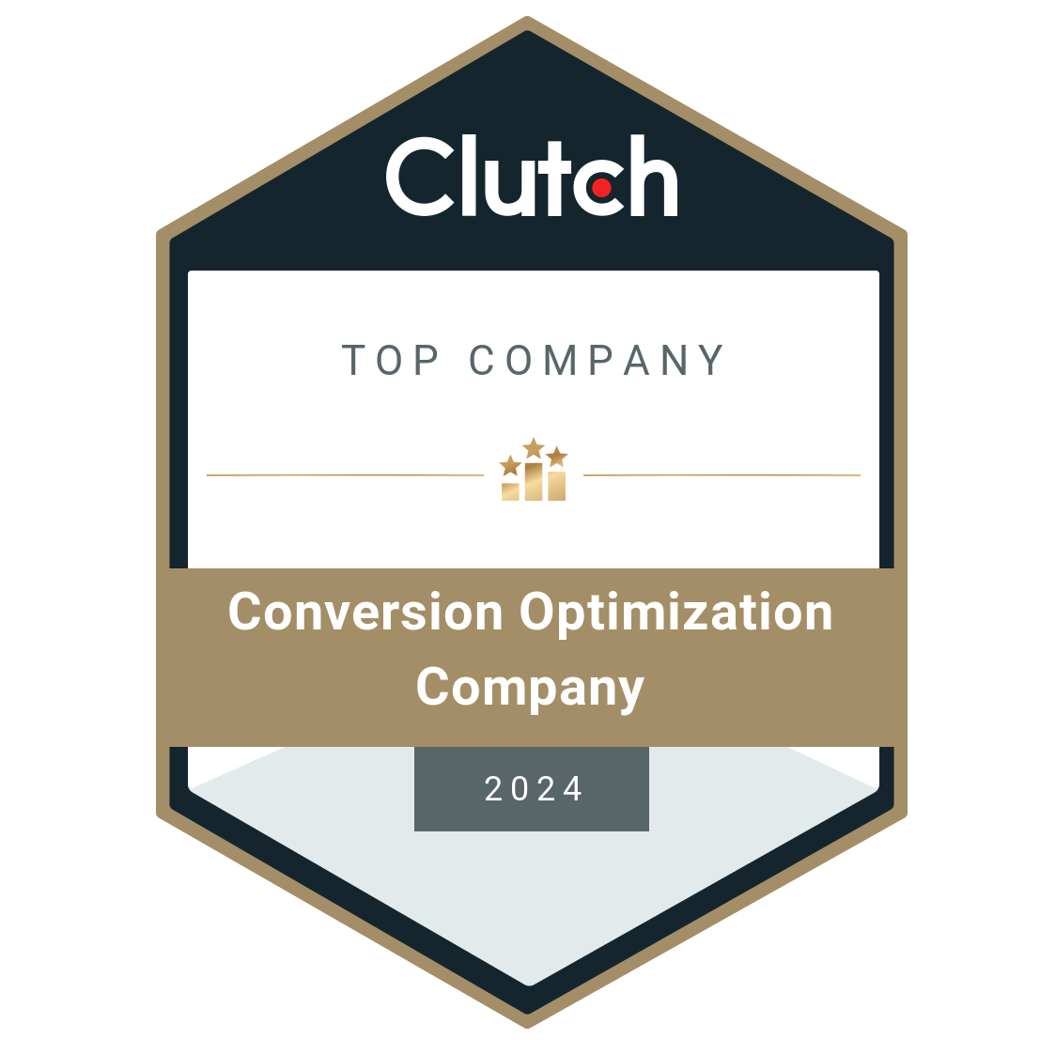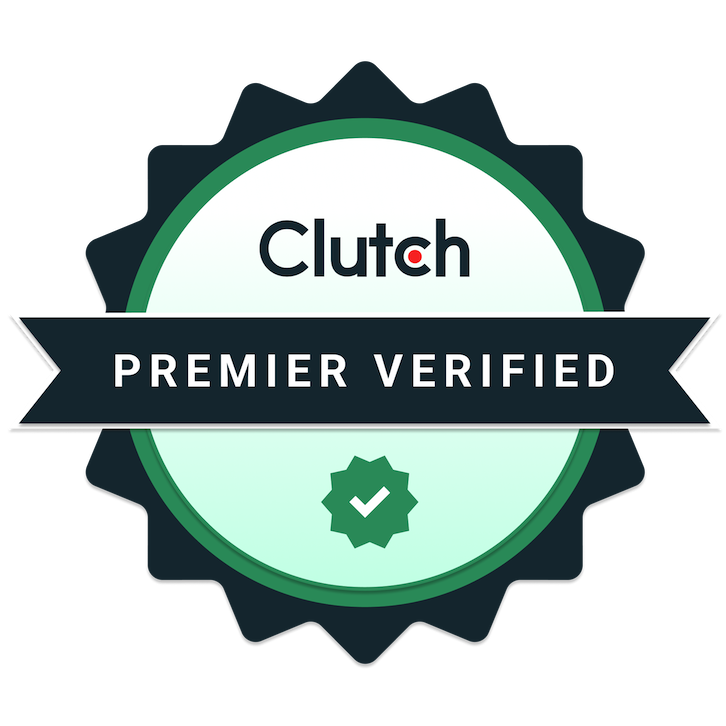UX Interview With Eric Reiss
The ConversionFlow team attended a User Experience Conference featuring guest speaker Eric Reiss on the topic of User Experience.
Along with the rest of the Los Angeles web design community, the ConversionFlow team attended a User Experience Conference featuring guest speaker Eric Reiss on the topic of Usability. The team had the opportunity to talk with Reiss before the presentation about his experiences that led him to the industry of Usability. “I wrote a book on information architecture, one thing sort of led to the next and then in 2006 I formed FatDUX with two other friends in Copenhagen and we decided we would be a user experience company,” said Reiss.
Eric Reiss and the FatDUX group not only focus on websites but also usability across all platforms, media, and cultures. “I've never viewed usability, or user experience, as something solely related to online media. My goal has always been to do what is best for the client - online AND offline. But that starts with what is good for the customer. If customers aren't happy, our clients will never reach their own goals.
”During the presentation, Reiss explained how great usability is divided into a physical and psychological components. The physical is Ease of Use or “what I want it to do”; while the psychological is Elegance and Clarity or “what I expect it to do”. Each can be further analyzed through the different elements that support usability:
Ease of Use-Functional-Foolproof-Responsive-Convenient-Ergonomic
Elegance and Clarity-Visible-Understandable-Logical-Consistent-Predictable
Throughout the evening Reiss explained in detail each element and provided the audience with images and stories. The examples used for each element were highly relevant and engaging for the audience. Usability examples included problems with websites, car navigation systems, and frying pans. The takeaway for the audience was to understand how user experiences happen with anything ranging from everyday items to business tools. “If you don’t solve a problem, you’re going to create a problem,” said Reiss.
Eric Reiss is the content strategist and CEO of the FatDUX group, an international user-experience design company headquartered in Copenhagen, Denmark. He has lectured on design principles at the Bauhaus University in Weimar, Germany, and was the former Professor of Usability and Design at the IE Business School in Madrid, Spain. He serves on the advisory boards of several institutes and universities in Europe and the United States. His web dogma design philosophy has been adopted by thousands of developers around the world.
His latest work Usable Usability: Simple Steps for Making Stuff Better is a guide to help spot and fix usability problems. The book is filled with full-color pictures, guidelines, and checklists to help ensure your business has happy customers along with successful products. Techniques for exceeding user’s expectations and improving the overall quality of a user’s experience are highlights of the book and are presented in an easy-to-apply manner which is the cornerstone of Reiss’ philosophy. It is now available on Amazon.com. The night ended with a Q&A session and book signing. The Cross Campus facility in Santa Monica served as a great venue for the event. Eric Reiss is a thought leader in the field of usability and can be followed on Twitter by the username @elreiss.




.avif)




















